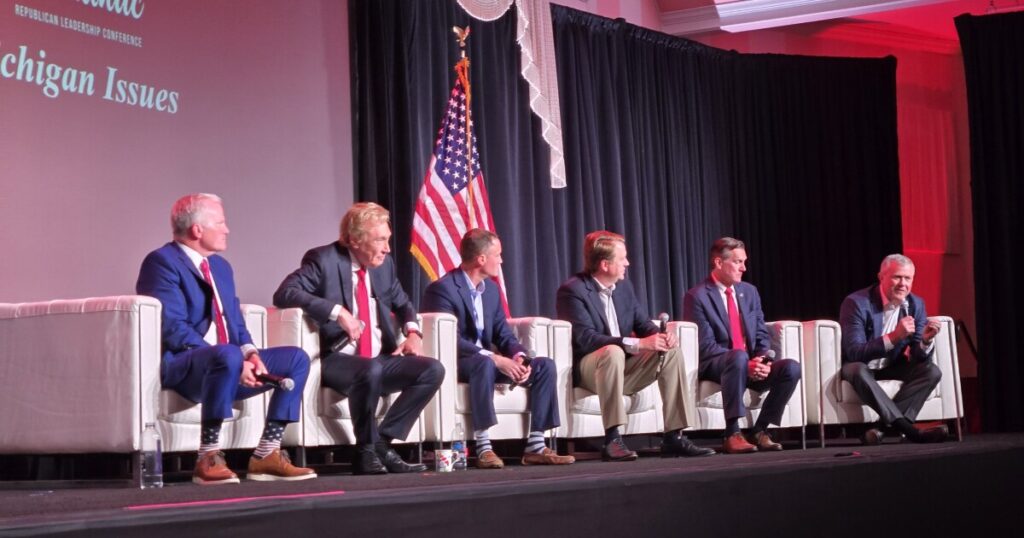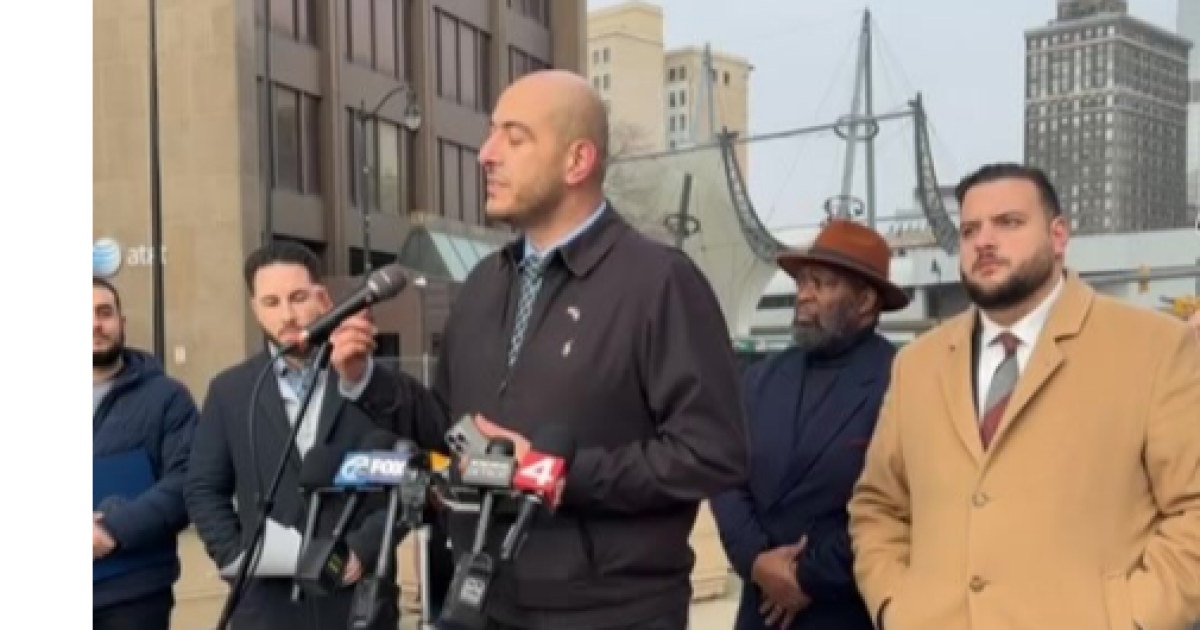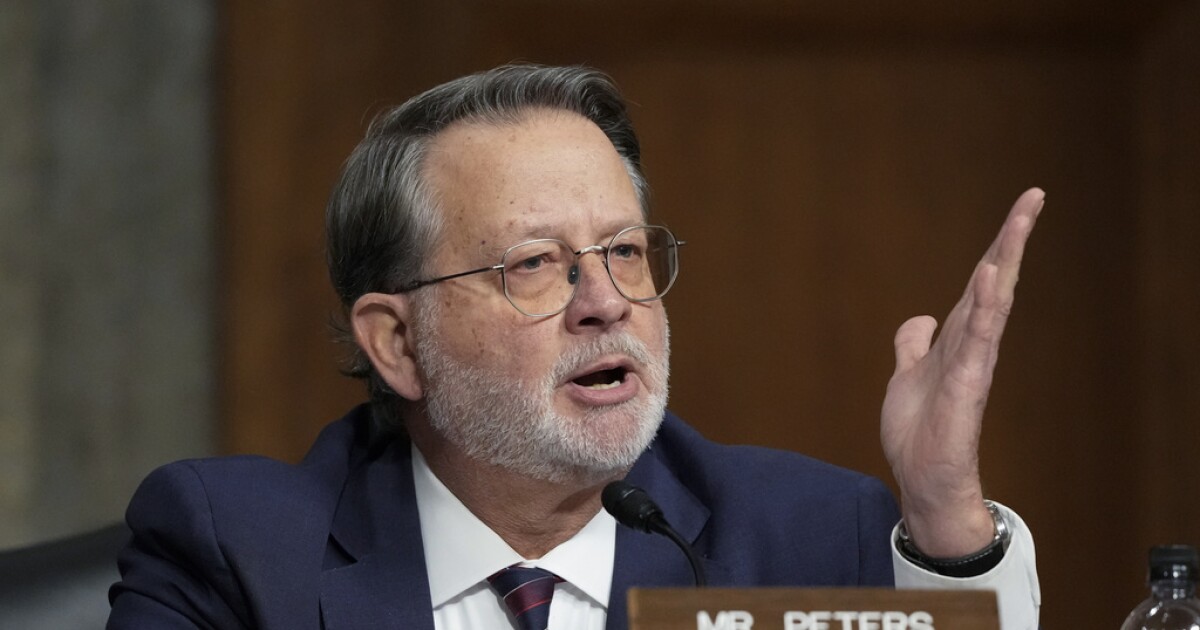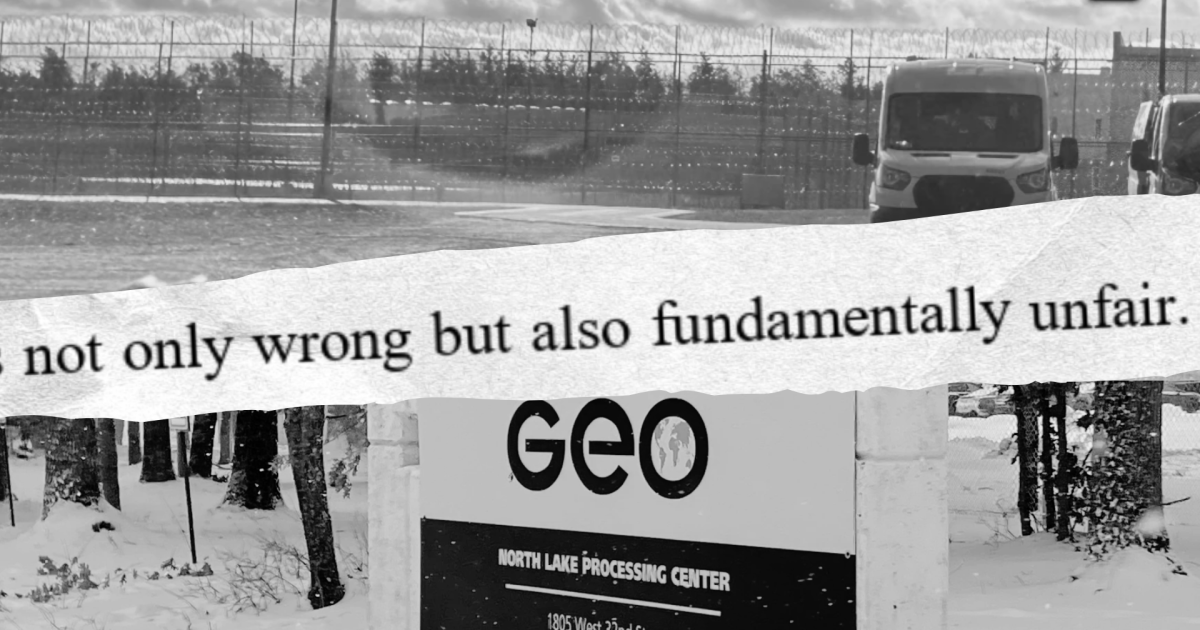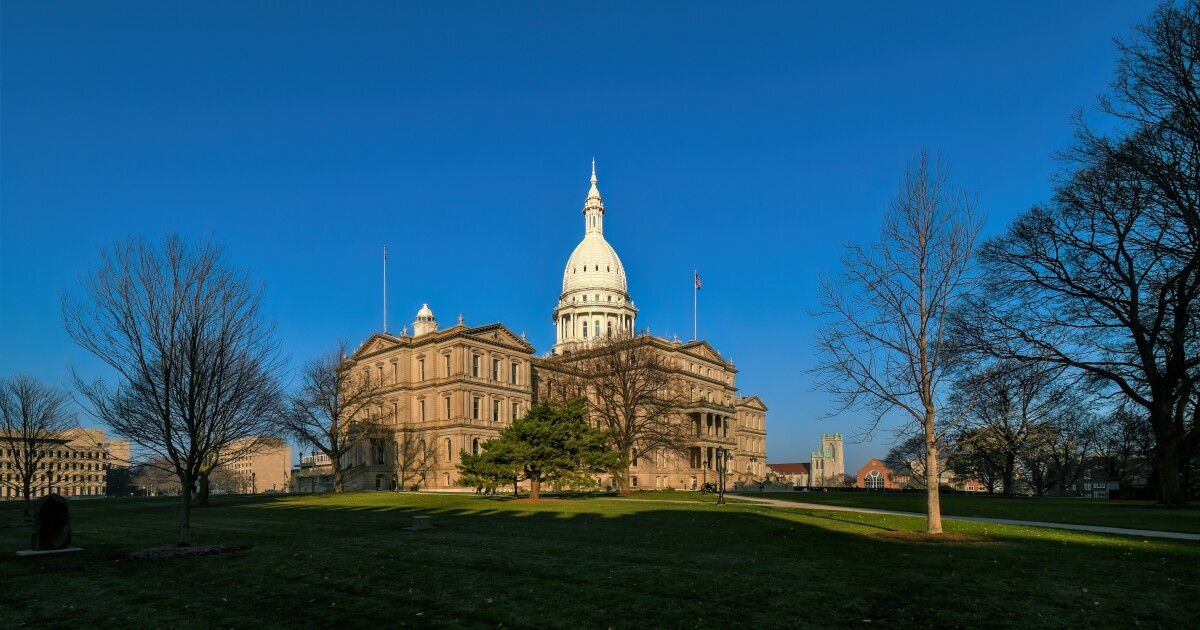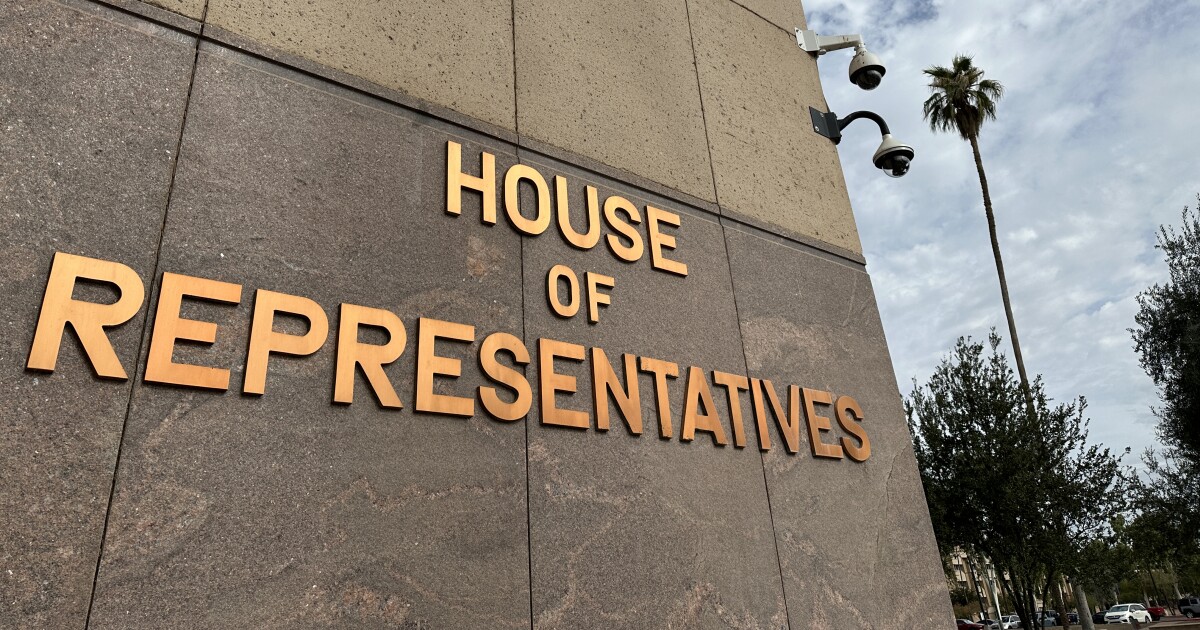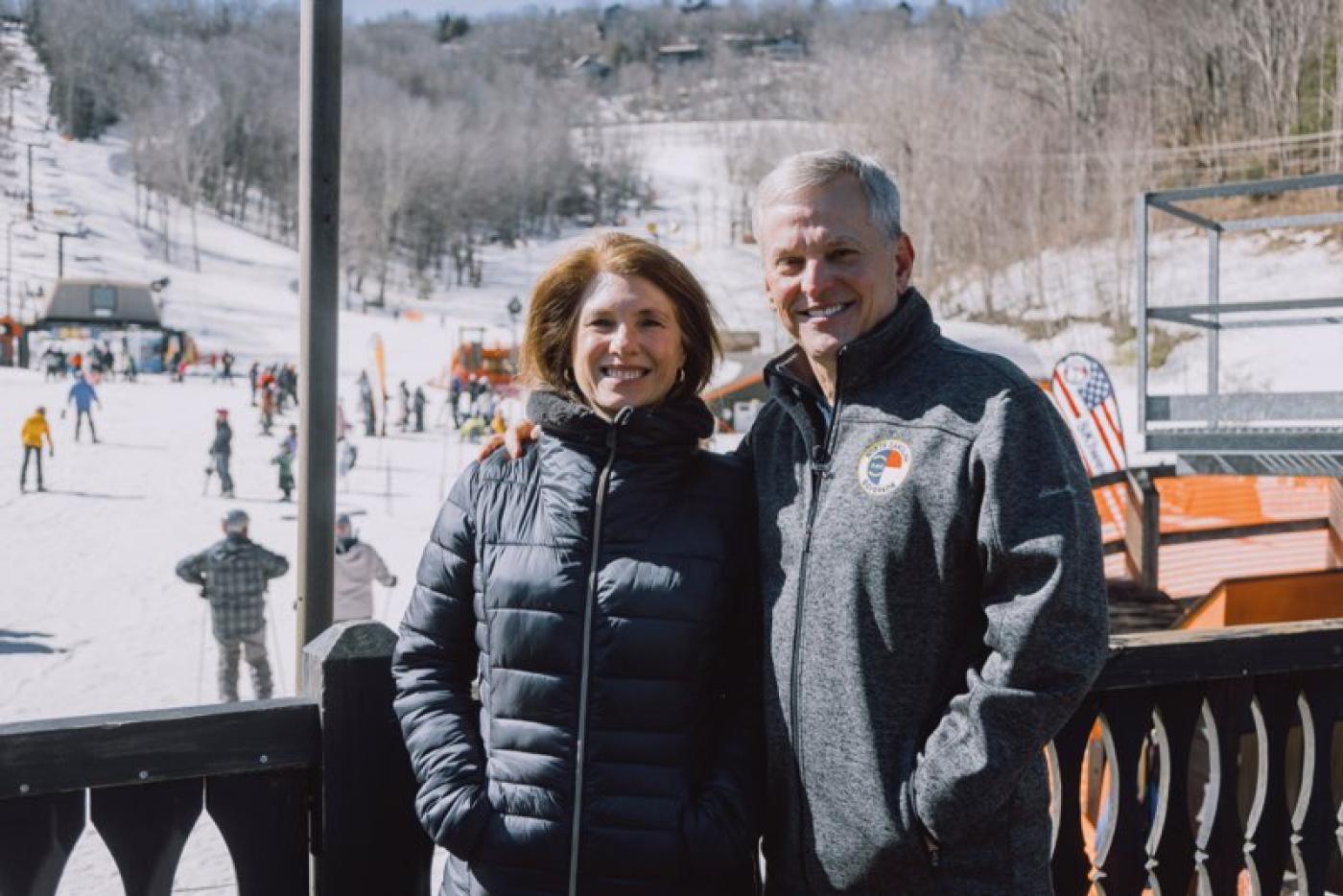Amidst the scenic backdrop of Mackinac Island, Michigan Republicans convened for their biennial leadership event, which, this year, was marked by a renewed sense of unity and optimism. The Mackinac Republican Leadership Conference, a long-standing tradition, served as a platform for political strategy discussions and networking, albeit under overcast skies typical of the region.
Jim Runestad, who assumed leadership of the Michigan Republican Party in February, expressed satisfaction with the turnout and the overall success of the event. “It went spectacular. I can’t go from one part of this conference to the other without people saying, ‘My God. You brought the party back,’” Runestad remarked, highlighting the improved atmosphere compared to past years marred by discord.
While the gathering once attracted aspiring presidential candidates, attendance numbers remain below peak levels, with approximately 1,250 participants this year. A straw poll involving fewer than 500 attendees gauged preferences for upcoming key races, illustrative of the ongoing efforts to bolster party cohesion.
Runestad emphasized the financial undertakings necessary to host the conference, stating, “I don’t know what the total’s going to be but it was hundreds of thousands [of dollars] I had to raise to put this thing on, separate from the money to run the state party. So I am just as pleased as can be. We’ll be in the black. I don’t know what the number’s going to be [but] definitely, we made money.”
The stakes are high in Michigan, with pivotal roles such as governor, attorney general, and secretary of state up for election next year. Currently dominated by Democrats, these positions are prime targets for Republican efforts to reclaim influence. KC Crosbie, co-chair of the Republican National Committee, affirmed Michigan’s priority status, stating, “Michigan is our number one priority. We will aggressively do everything we can in the state to make sure we are getting out the vote and protecting the vote.”
Keynote speeches featured figures close to former President Donald Trump, underscoring the strategic importance of the state. Homeland Security Secretary Kristi Noem addressed the conference, focusing on her leadership of U.S. Immigration and Customs Enforcement and FEMA, and the importance of prompt disaster relief funding. Noem critiqued bureaucratic delays, asserting, “Bureaucrats in Washington D.C. shouldn’t be taking up months and months and years filing applications and processes and not ever paying claims. We should deploy the dollars as soon as possible and give those local leaders the opportunity to make sure that it is spent appropriately.”
Throughout the conference, discussions frequently returned to themes of reducing government size and cutting taxes. Former House Speaker Tom Leonard, Pastor Ralph Rebandt, and former Attorney General Mike Cox vocalized their stances on fiscal reforms, with Leonard emphasizing property tax reform, Rebandt advocating for immediate tax relief, and Cox calling for the elimination of the income tax.
In the wake of influential conservative Charlie Kirk’s passing, calls for unity were prominent, alongside a commitment to emulate Trump’s coalition-building strategy. Richard Grenell, Trump’s special envoy, stressed broadening appeal to diverse communities, a tactic he deemed crucial for electoral success.
Unity was further encouraged by a call to rally behind primary winners in the forthcoming elections. House Speaker Matt Hall pledged support for the eventual gubernatorial nominee, while Detroit Mayor Mike Duggan’s independent gubernatorial bid added an intriguing dynamic, with Republicans suggesting it could disadvantage Democrats more than their own party.
Runestad expressed confidence in the party’s ability to select a strong candidate, stating, “The candidates, whoever they are that it gets narrowed down to, are going to be vigorously, at some point, debating each other, and we’re going to come up with a very viable candidate. Well tested.”
—
Read More Michigan News

